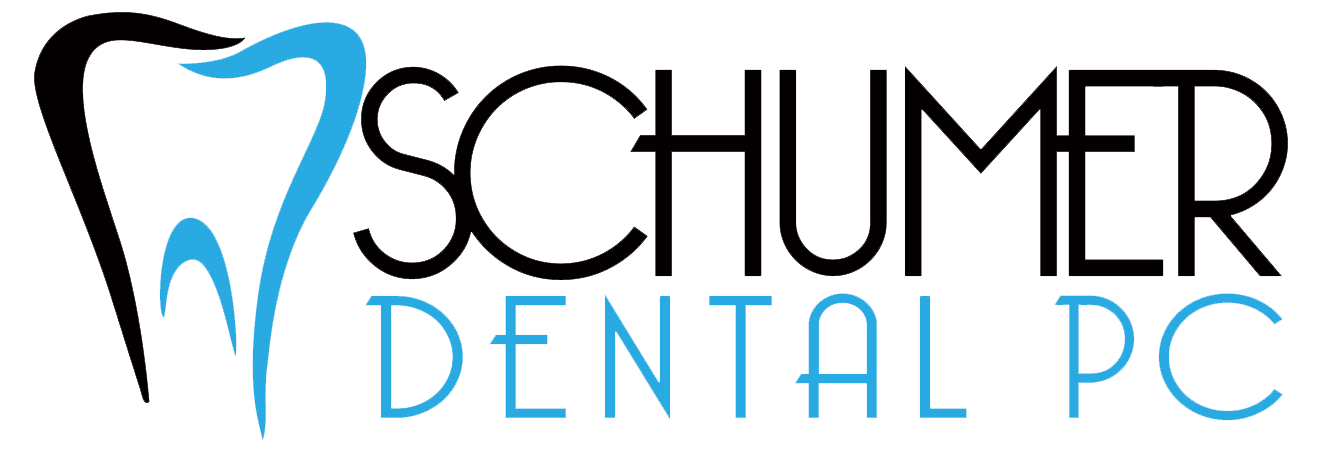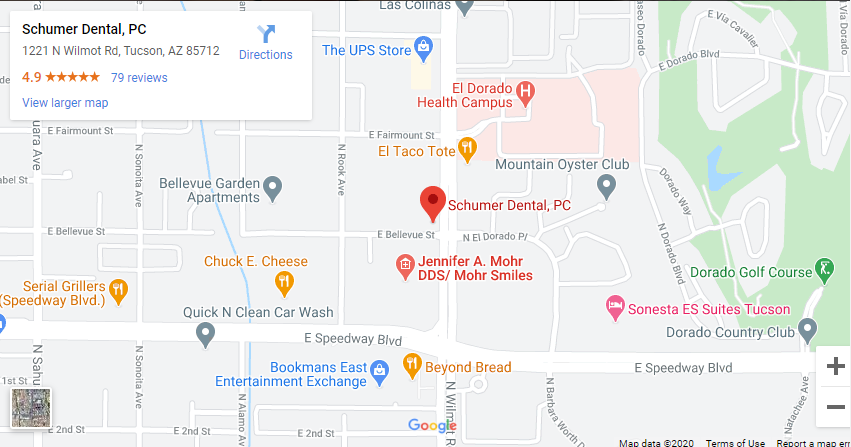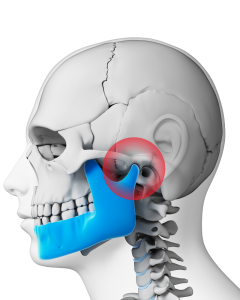 In the simplest terms, TMJ (temporomandibular joint) disorders affect the proper, comfortable functioning of the jaw joints.
In the simplest terms, TMJ (temporomandibular joint) disorders affect the proper, comfortable functioning of the jaw joints.
TMJ disorders trigger painful symptoms. Left untreated, they can cause long-lasting damage such as cracked teeth.
What are some signs I have it?
TMJ Disorders Cause Grinding, Jaw Stiffness, and Other Symptoms
Clenching & Grinding
Teeth grinding and clenching of the jaw are hallmark symptoms of TMJ disorders. These symptoms often worsen during stressful periods and occur mostly during sleep.
Jaw Stiffness
Patients may have trouble opening their mouths. They may experience limited movement or a locking sensation when partly opening their jaws.
Facial Pain & Headaches
TMJ disorders can cause symptoms ranging from tenderness in the jaw and chin to pain in the neck and shoulders. Patients often experience headaches as well.
Clicking Sounds
Healthy jaw joints make sound from time to time, but TMJ disorders can cause an increase in the frequency or volume of pops and clicks. A grinding feeling often accompanies these noises.
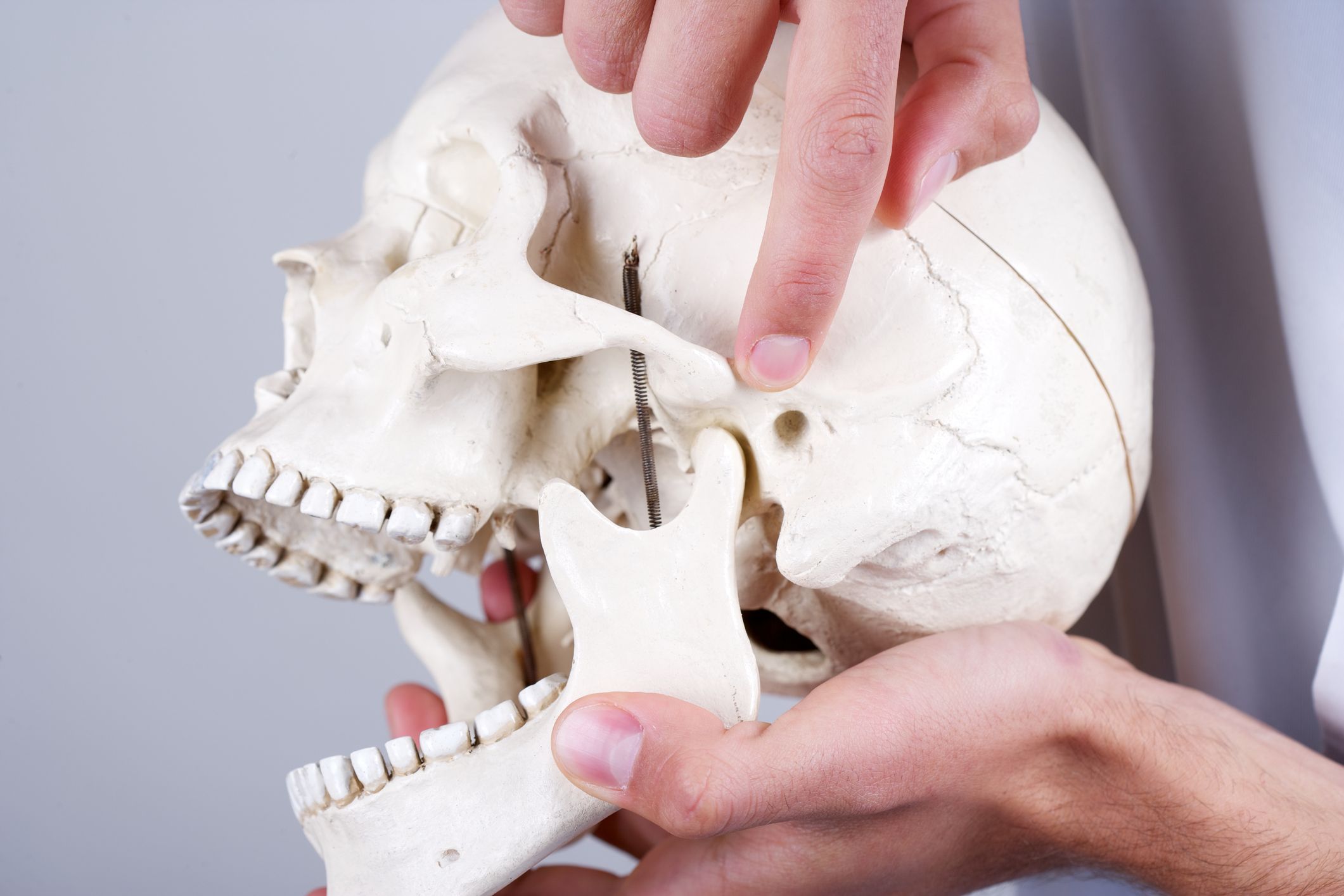
Stress, Misalignment, and Other Factors That Can Trigger a TMJ Disorder
Stress
Although stress might not cause a TMJ disorder on its own, it certainly exacerbates symptoms.
Dental Misalignment
When the upper and lower jaws do not meet properly, it can place a huge amount of stress on the TMJs.
Injury or Arthritis
A jaw injury can substantially affect TMJ function. Arthritis can also contribute to a TMJ disorder.
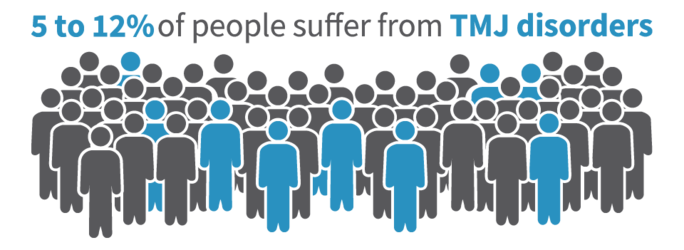
*According to the National Institute of Dental and Craniofacial Research.
So How Can I Prevent Symptoms from Worsening?
Stress Management
TMJ disorders tend to flare up during times of stress, so many patients find relaxation techniques such as meditation and yoga to be beneficial.
Don’t Chew Gum
Chewing gum activates the muscles that become inflamed by TMJ disorders, spurring the cycle of clenching and grinding. Consider sticking to softer foods as well.
Proper Posture & Stretching
Take care to massage and carefully stretch the muscles around the jaws. Remember that poor posture, tight shoulders, and a stiff neck can also contribute to the condition.
Your Doctor Will Perform an Exam & Take Your Medical History
Diagnosing TMJ disorders can often be done simply by discussing your symptoms. Your doctor will also examine your teeth and jaw, checking for signs of grinding and tender areas.
In some cases, further testing, such as magnetic resonance imaging (MRI) scans, will be conducted to check for damage to the soft cartilage that cushions the TMJs.
Modern TMJ Disorder Treatments Are Even More Effective
Oral Appliances
Also known as occlusal splints, dental splints, or bite guards, oral appliances are worn during sleep. These customized devices improve alignment and prevent teeth from grinding.
Orthodontics & Restorative Dentistry
Substantial misalignment may require braces, Invisalign®, or another type of orthodontic correction. Restoring worn teeth with dental crowns and replacing missing teeth can also help.
Injections & Other Medications
Some patients respond positively to BOTOX® therapy or steroid injections. Muscle relaxers, benzodiazepines, and other depressants might also be recommended.
Surgical Correction
Arthroscopy is a minimally invasive procedure that can remove damaged tissue within the jaw joint. In the most severe cases, total joint replacement might be needed.
A Medical Professional Can Provide Relief
TMJ disorders can be incredibly frustrating, but they are treatable. Many cases will not resolve without professional intervention. Speak with your doctor today about the best way to stop your symptoms for good.
